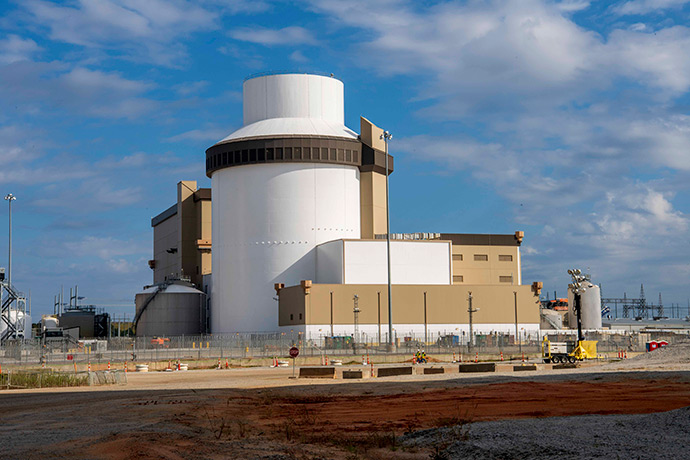Ted Nordhaus writes in The Wall Street Journal that the Nuclear Regulatory Commission needs a new direction.

- The Nuclear Regulatory Commission (NRC) has allowed bureaucracy and red tape to slow down innovation and increase the cost of nuclear power.
- One example of this is the Commission’s As Low as Reasonably Achievable (ALARA) radiation standards, which may sound good, but are not rooted in science and slow down construction and project timelines.
- If the U.S. wants to lead the world in nuclear power technology (which it should), policymakers must consider ways to modernize the NRC and have the agency prioritize a streamlined, risk-informed permitting process.
“NRC rules have substantially increased the cost of developing, building and operating nuclear reactors without bringing much in the way of additional public-health or safety benefits. Even worse, the continual tightening of nuclear regulations has almost certainly worsened public health nationwide. When red tape hamstrings the construction of new plants, the nation’s electricity system has to keep relying on polluting fossil-fuel facilities.”
Read the full article here.
The views and opinions expressed are those of the author’s and do not necessarily reflect the official policy or position of C3.
